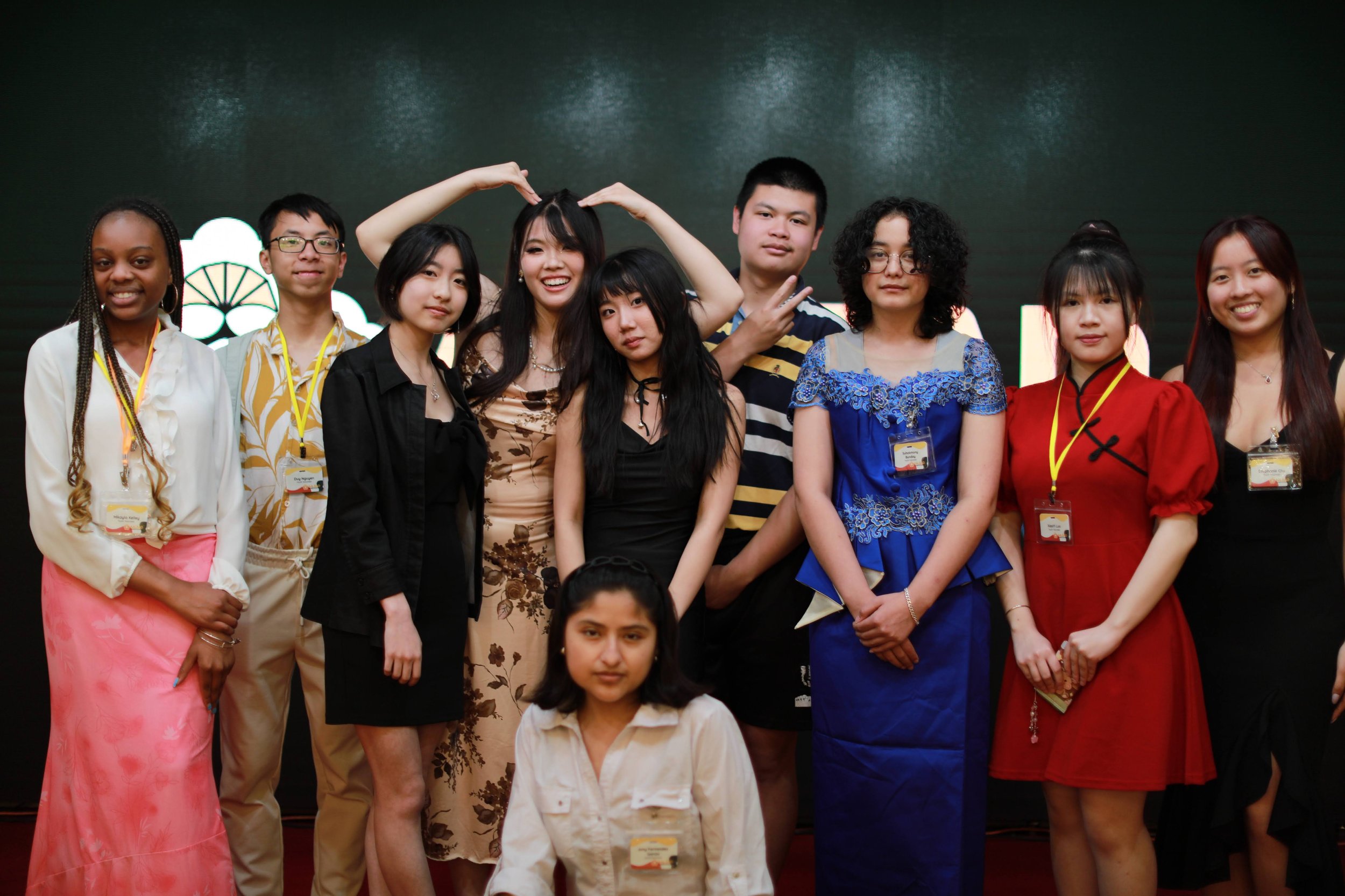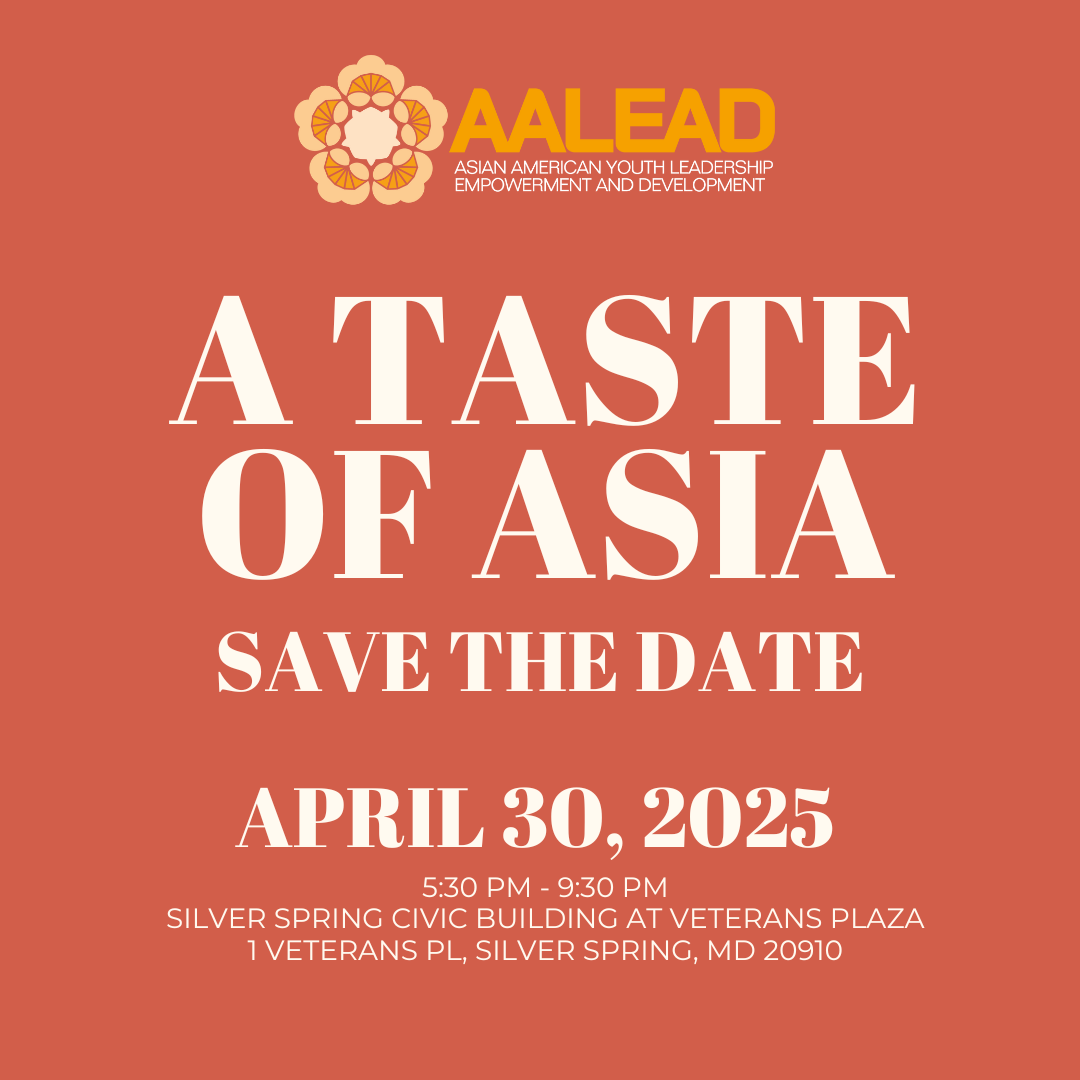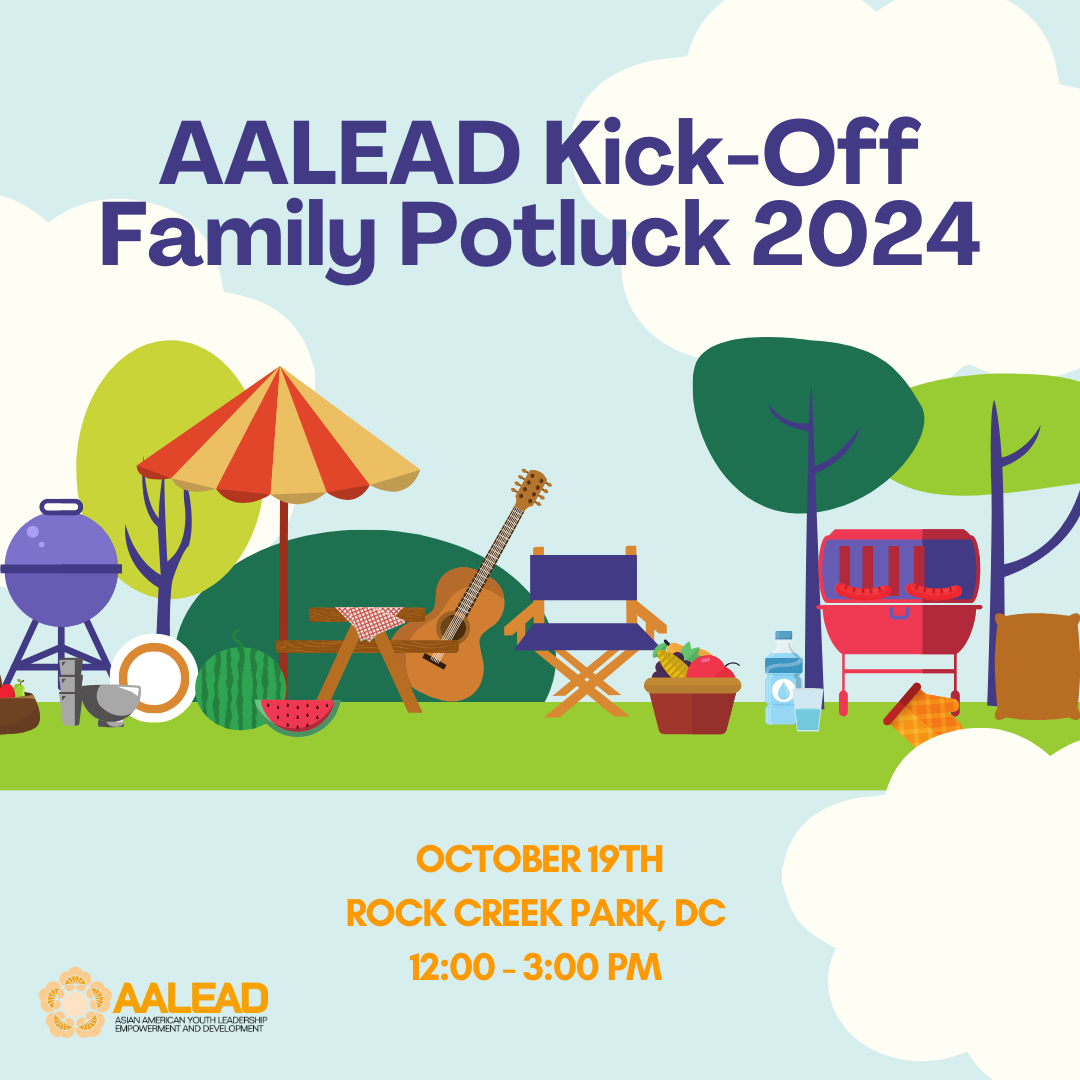
Empowering Asian American Pacific Islander youth in underserved communities
About Asian American LEAD
Asian American LEAD supports underserved Asian American Pacific Islander youth with educational empowerment, identity development, and leadership opportunities through after-school, summer, and mentoring programs.
Our mentoring program gives youth (ages 8-18) the opportunity to be matched in one-on-one mentorship with a caring and pre-screened adult in the DC, Maryland, and Virginia regions to develop critical life and social skills.
After-school programs provide academic development support and enrichment activities in leadership, identity, mental health, and equity to middle and high school-aged students in DC, Maryland, and Virginia.
Our Programs
Summer programs provide youth leadership development, community service, team-building activities, field trips, and college/career prep opportunities in the DC, Maryland, and Virginia regions.
News & Events
Subscribe to our newsletter
Sign up to stay up to date on events and other opportunities with AALEAD!















